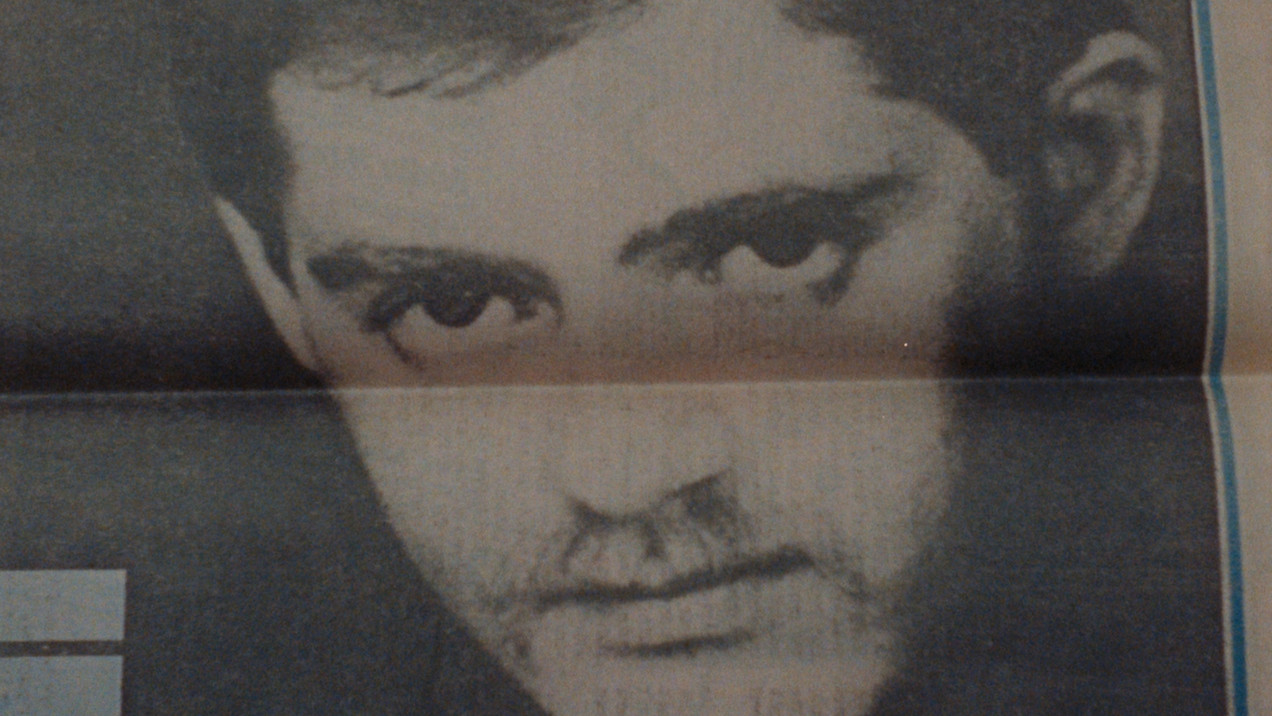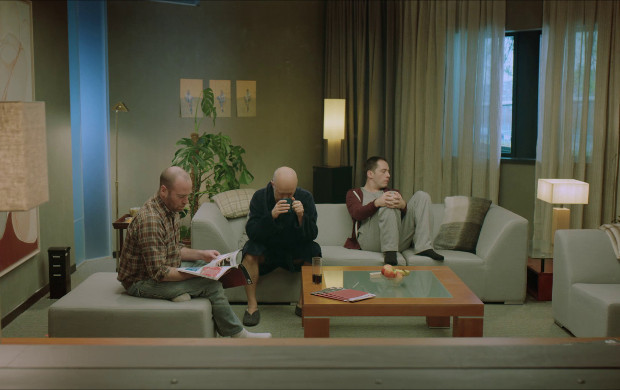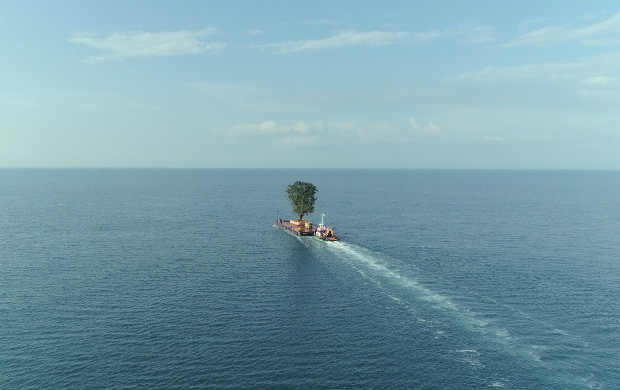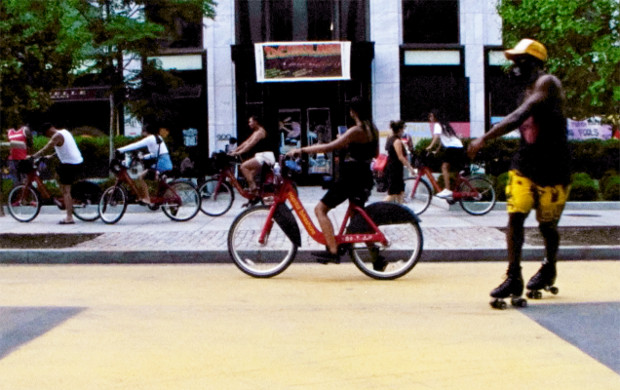Patrick
Evocation of the life of the music producer Patrick Cowley, taking in the postindustrial charms of San Francisco’s now-gentrified South of Market district, once famous for its dance clubs and leather bars, as if searching for Cowley’s still-lingering energy.
The opening credit lays the name on a strip of sand lapped by sea foam – the name, Patrick, might as well have been hand-drawn there. On the square images, tinted orange by dawn or dusk, we hear the waves that create the foam and which roar increasingly loudly, but they are not waves, at least not waves of water. It is the beginning of the piece, Sea of China, written in 1980 by Patrick Cowley, a shooting star admired for his synthetic exploits in disco music, a composer for gay porn films, a brilliant musician who died from AIDS at the age of 32 – he was one of the first. The wave is in fact a cluster of waves that Cowley created with a modular synthesiser, and the film (lulled throughout by his music) gathers it up as though it had travelled from the 1970s to go back to the landscape where it was composed. The impressionist gesture that guides the splendid portraits created by Luke Fowler reveals all its power of invocation. In the places or objects filmed in San Francisco, where Cowley’s work was born, Patrick first tries to find the traces of a passing presence. This explains its penchant for words engraved in wood, graffiti or names in the sand, and the feeling of finding not so much memories in these places and objects, but more a residual wave, a discreet frequency amplified by the grain of 16-mm film and the words of Cowley’s close collaborator, Maurice Tani. After all, after inventing cinema, Edison spent the rest of his life trying to trap spirit voices.
Jérôme Momcilovic
Luke Fowler
Patrick Cowley - courtesy of Dark Entries Records



